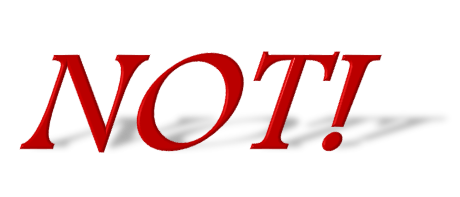 |
| 'Politicians discussing global warming' ~a statue in Berlin |
When asked his approach regarding, "the whole issue of climate change, the Paris agreement, how you’ll approach it," President-elect Trump said, “the hottest day ever was in 1890-something, 98,” adding, “you know, you can make lots of cases for different views.” ~22 Nov 16
We hope for a willingness to learn in this administration and in ourselves.
Meanwhile, how do we as friends handle the discussion? Can we labor together through the facts and opinions without becoming adversaries?
The graphic below shows long-term global trends from multiple studies, data sets, and international science organizations.
 |
| This figure shows changes in ocean heat content between 1955 and 2015. Ocean heat content is measured in joules, a unit of energy, and compared against the 1971–2000 average, which is set at zero for reference. Choosing a different baseline period would not change the shape of the data over time. The lines were independently calculated using different methods by government agencies in three countries: the National Oceanic and Atmospheric Administration (NOAA), Australia’s Commonwealth Scientific and Industrial Research Organisation (CSIRO), and Japan Meteorological Agency’s Meteorological Research Institute (MRI/JMA). For reference, an increase of 1 unit on this graph (1 x 1022 joules) is equal to approximately 18 times the total amount of energy used by all the people on Earth in a year. (Ref) Data sources: CSIRO, 2016 (Ref); MRI/JMA, 2016 (Ref); NOAA, 2016 (Ref) |
The tropical Pacific (8.2% of the earth's surface area) is a major player in absorbing the accumulating heat. That regional surface segment will contain absorbed heat for a while, but recent trends show that the Pacific rather suddenly passed significant heat content to the Indian Ocean, which has seen an unprecedented rise in temperature over the past decade. The Indian Ocean increase is equal to about 70% of the heat absorbed by the atmosphere in the last decade.
The analysis builds on a series of papers that track the causes for what’s been dubbed the 'hiatus' or the global warming slowdown, a period over the past 15 years that has seen surface temperatures rise slower than they did the previous decade.
Shifts in Pacific tradewinds appear to have helped temporarily store heat in the upper level of the ocean. Since 2003, upper ocean heat content has actually been slowly decreasing in the tropical Pacific with a commensurate increase in the Indian Ocean. A similar anomaly occurred, perhaps briefly, in a small segment of the north Atlantic as annual current volume fell 30%. Total heat accumulation continues, and ocean currents appear to respond to the change in balances.
Shifts in Pacific tradewinds appear to have helped temporarily store heat in the upper level of the ocean. Since 2003, upper ocean heat content has actually been slowly decreasing in the tropical Pacific with a commensurate increase in the Indian Ocean. A similar anomaly occurred, perhaps briefly, in a small segment of the north Atlantic as annual current volume fell 30%. Total heat accumulation continues, and ocean currents appear to respond to the change in balances.
UPDATE 7 MAY 17: The administration told countries around the world in writing last week that the United States is reconsidering its existing climate change rules and that it will not consider new ones that could hurt the economy or impact energy production at home.










